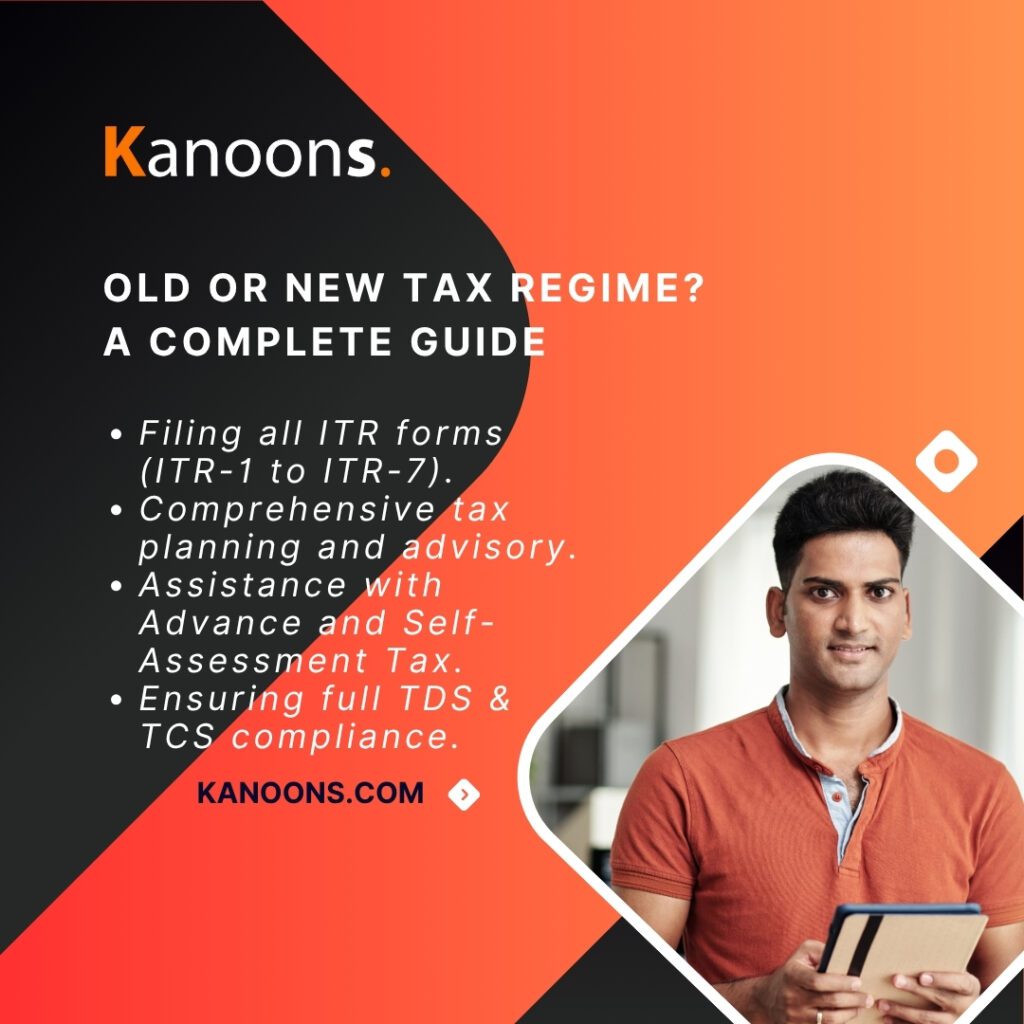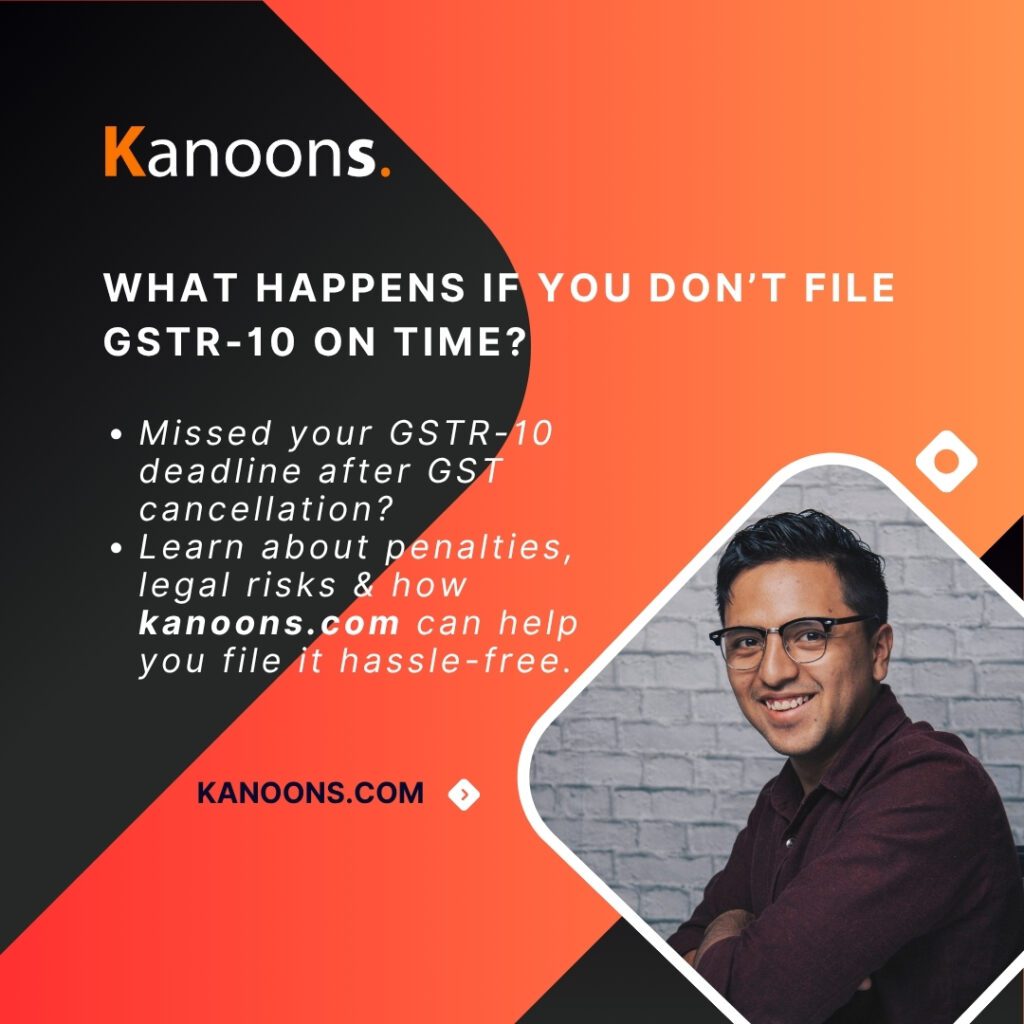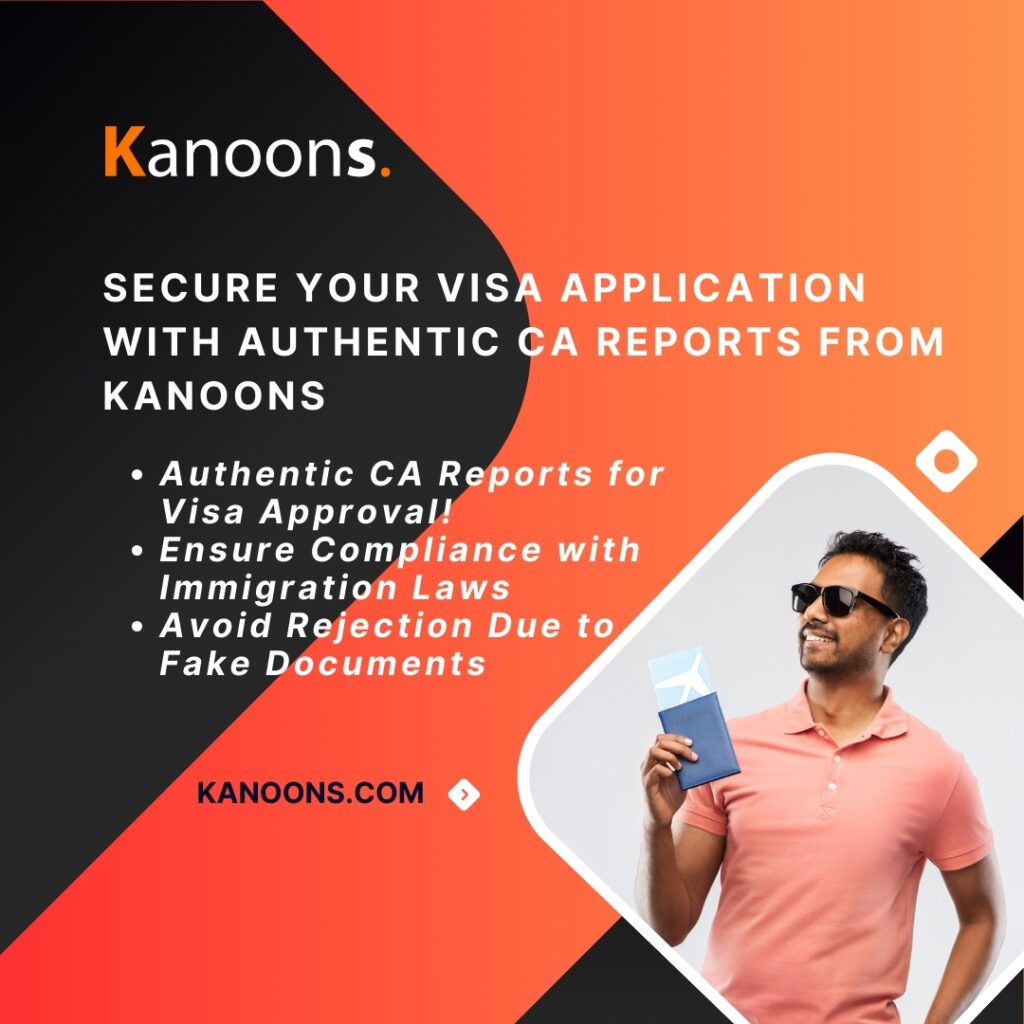
How to Start a Business on Swiggy, Zomato & Other Online Food Delivery Platforms in India
The Ultimate Guide to Partner with Swiggy & Zomato
Starting an online food business on Swiggy, Zomato, Uber Eats, or other delivery apps can be one of the most profitable ventures in India’s growing digital food ecosystem. However, before your first order goes live, there’s a critical foundation every food entrepreneur must build — legal compliance and licensing.
From FSSAI registration to Trade and Labour licenses, every document plays a vital role in getting your business approved and verified by these food delivery aggregators. This guide by Kanoons Law & Tax Consultants Pvt. Ltd. walks you through the complete process — step-by-step — so your business goes live without delays or legal hassles.
Understanding the Online Food Delivery Business Model
Online food delivery businesses operate either as:
- Aggregator Platforms (like Swiggy or Zomato) — connecting restaurants to customers.
- Restaurant + Delivery Model — owning both the kitchen and the delivery operations.
- Cloud Kitchen Model — serving food exclusively through online orders, without dine-in.
Whichever model you choose, legal compliance is mandatory to ensure smooth registration on food platforms and avoid future penalties.
Licenses and Registrations Required to Start a Food Delivery Business in India
Here’s a breakdown of the key documents and licenses required to operate your food business legally.
FSSAI Registration / License
The Food Safety and Standards Authority of India (FSSAI) license is the most essential requirement for all food-related businesses.
Why You Need It:
It ensures that your food is safe and hygienic for consumption.
Types of FSSAI Registration:
- Basic Registration – For small food businesses with turnover < ₹12 lakhs.
- State License – For medium-sized units with turnover between ₹12 lakhs and ₹20 crores.
- Central License – For businesses operating in multiple states or turnover > ₹20 crores.
Documents Required:
- PAN & Aadhaar of owner/director
- Proof of business premises (rental agreement or ownership document)
- Food safety management plan
- NOC from local authority
Kanoons offers complete FSSAI registration support — from documentation to approval.
Trade License (Municipal Corporation)
A Trade License from your local municipal body (GHMC, BBMP, etc.) is required to carry out food business operations legally within city limits.
Purpose: It certifies that your business complies with local civic, hygiene, and safety regulations.
Kanoons helps file and renew your Trade License under the respective state and local authority.
Shop and Establishment Registration
Every business that employs staff — even delivery boys — must register under the Shops and Establishments Act of their state.
Why It’s Needed:
- Regulates working hours, employee welfare, and wage compliance.
- Mandatory for hiring and onboarding delivery partners.
Kanoons can help you obtain registration online under the Telangana or other state labour departments.
GST Registration
If your business turnover exceeds ₹20 lakhs (₹10 lakhs for special category states), GST registration is mandatory.
Why It Matters:
- To collect and remit taxes on food sales.
- To list your business on platforms like Swiggy or Zomato, which require a valid GSTIN.
Kanoons offers fast online GST registration and filing services starting from ₹999 only.
Udyam / MSME Registration
Registering your business as an MSME (Micro, Small & Medium Enterprise) through Udyam Registration gives access to government benefits, subsidies, and easier bank loans.
Kanoons can get your MSME registration done online in 24 hours.
Labour License
If you employ more than 10 people (including delivery agents or kitchen staff), a Labour License from the Labour Department is required.
Purpose:
Ensures employee welfare, payment of wages, and adherence to safety norms.
Kanoons helps businesses obtain Labour Licenses under the Contract Labour (Regulation and Abolition) Act, 1970.
Fire and Pollution NOC
Depending on your location and kitchen type, you may need:
- Fire Department NOC (for safety)
- Pollution Control Board Consent (for waste disposal and exhaust systems)
Kanoons assists with NOC applications and compliance documentation as per state requirements.
Business Incorporation Certificate
Mandatory for: Companies, LLPs, or Partnerships.
Issued by: Ministry of Corporate Affairs (MCA).
Purpose: Provides legal identity and enables PAN, GST, and FSSAI registration.
Apply through: Click Here
Step-by-Step Process to Start a Food Delivery Business
- Choose Your Business Model – Cloud kitchen, aggregator, or restaurant-based delivery.
- Register Your Business – Private Limited Company / LLP / Proprietorship (done via Kanoons).
- Apply for FSSAI License – With proper documentation and food safety plan.
- Obtain Trade & Labour Licenses – Through local municipal and labour departments.
- Get GST & Udyam Registration – For tax and business recognition.
- Register with Swiggy / Zomato – Using valid documents like FSSAI, GSTIN, and Trade License.
- Launch Your Brand – Create your menu, packaging, and delivery operations.
- Stay Compliant – File returns, renew licenses, and maintain records.
Swiggy & Zomato Onboarding Process
Once all licenses are ready, onboarding to Swiggy or Zomato involves the following steps:
- Sign Up:
Visit Swiggy Partner or Zomato Partner portal and fill in your business details. - Upload Documents:
- FSSAI License/Registration Certificate
- Trade License / Shops & Establishment License
- GST Registration Certificate
- PAN Card
- Cancelled Cheque / Bank Proof
- Menu and Food Images
- Restaurant Verification:
Swiggy/Zomato teams verify your documents and inspect hygiene & safety conditions. - Menu Setup & Activation:
After approval, your restaurant goes live on the app, ready to accept orders.
Where Each License Is Required
License / Document | Required For | Authority / Department |
FSSAI License | All food operators | FSSAI (Central/State) |
Trade License | Restaurant / Cloud Kitchen | Local Municipality |
GST Registration | All taxable businesses | CBIC (GST Portal) |
Shops & Establishment License | All staff-based setups | State Labour Dept. |
Fire Safety NOC | Restaurants, large kitchens | Fire Department |
Pollution NOC | Commercial kitchens with exhausts | State Pollution Board |
Company Incorporation | Registered business entities | MCA (Govt. of India) |
Tips to Maximize Profits & Compliance
- Maintain FSSAI hygiene audits regularly
- Keep renewal reminders for licenses through professional assistance
- Optimize Swiggy/Zomato commission rates based on volume
- Use packaging with FSSAI number to build brand trust
- Keep staff covered under ESI & EPF (Labour compliance)
- Maintain proper accounting and GST filing
Key Highlights
✔ Step-by-step guide to launching on Swiggy, Zomato & other platforms
✔ List of all required licenses and documents (FSSAI, GST, Trade, Labour, etc.)
✔ Business structure setup for home-based kitchens, restaurants, and cloud kitchens
✔ Tips for smooth onboarding and verification with food delivery aggregators
✔ Legal compliance guidance from Kanoons — India’s trusted law & tax experts
How Kanoons streamlines?
✅ 6+ years of expertise in food business compliance
✅ One-stop solution for FSSAI, GST, Labour, and Trade Licenses
✅ Affordable, transparent pricing
✅ Registered professionals (CAs, CSs & Lawyers)
✅ Dedicated support for Swiggy & Zomato partner onboarding
Post-Registration Compliances
Once your food business is operational, you must:
- Renew FSSAI license periodically.
- File GST returns monthly or quarterly.
- Maintain employee attendance and salary records.
- Display FSSAI license number on all packaging.
- Conduct food safety audits annually.
Kanoons offers complete post-registration compliance management, so you can focus on growing your brand.
Penalties for Non-Compliance
Operating without proper licenses can result in:
- FSSAI penalties up to ₹5 lakhs or imprisonment.
- GST penalties for non-filing.
- Sealing of premises by local municipal authorities.
Avoid risks with Kanoons’ end-to-end compliance services.
-
 What Happens If You Miss the ITR Filing Deadline for 2025
What Happens If You Miss the ITR Filing Deadline for 2025 -
 The Big Question: Old or New Tax Regime? A Complete Guide for Indian Taxpayers (FY 2025-26)
The Big Question: Old or New Tax Regime? A Complete Guide for Indian Taxpayers (FY 2025-26) -
 What Happens If You Don’t File GSTR-10 on Time?
What Happens If You Don’t File GSTR-10 on Time? -
 Start, Sustain, and Succeed with Your Section 8 Company
Start, Sustain, and Succeed with Your Section 8 Company -
 Secure Your Visa Application with Authentic CA Reports from Kanoons
Secure Your Visa Application with Authentic CA Reports from Kanoons
© 2025 Copyright. All Rights Reserved by Kanoons
Kanoons.com is owned and operated by Kanoons Law and Tax Consultants Private Limited, a registered consultancy providing services in the areas of advisory, documentation, business registration, taxation, compliance management, and intellectual property filings across India.
Kanoons is not a law firm or accounting firm, and does not offer legal representation, statutory audits, attestation, or certification services. All specialised professional work is coordinated through authorised and independently qualified professionals, in accordance with applicable Indian laws.
All content on this website is intended for general informational purposes only and should not be interpreted as legal, financial, or tax advice. Use of this website or communication through it does not create any attorney–client, accountant–client, or other professional relationship with the company. Users are encouraged to seek independent professional advice before making any decisions based on content or services provided herein.
Your access to and use of this website are subject to our Terms & Conditions, Privacy Policy, Refund and Returns Policy and Disclaimer By continuing to browse or interact with the site, you acknowledge and agree to these terms.
We are committed to safeguarding user information and follow applicable data protection laws, including the Information Technology Act, 2000, and rules thereunder.
The wordmark “Kanoons®”, its logo, and all related brand assets are the exclusive intellectual property of Kanoons Law and Tax Consultants Private Limited. Any unauthorised use, imitation, or reproduction is strictly prohibited and may lead to civil or criminal action.
For queries, service coordination, or support, please contact:
support[at]kanoons[dot]com | +91 90000 13560 / 90



“Thanks to Kanoons, I launched my food delivery brand legally and got registered on Swiggy hassle-free!”
Aqil Khan Restaurant Owner - Hyderabad